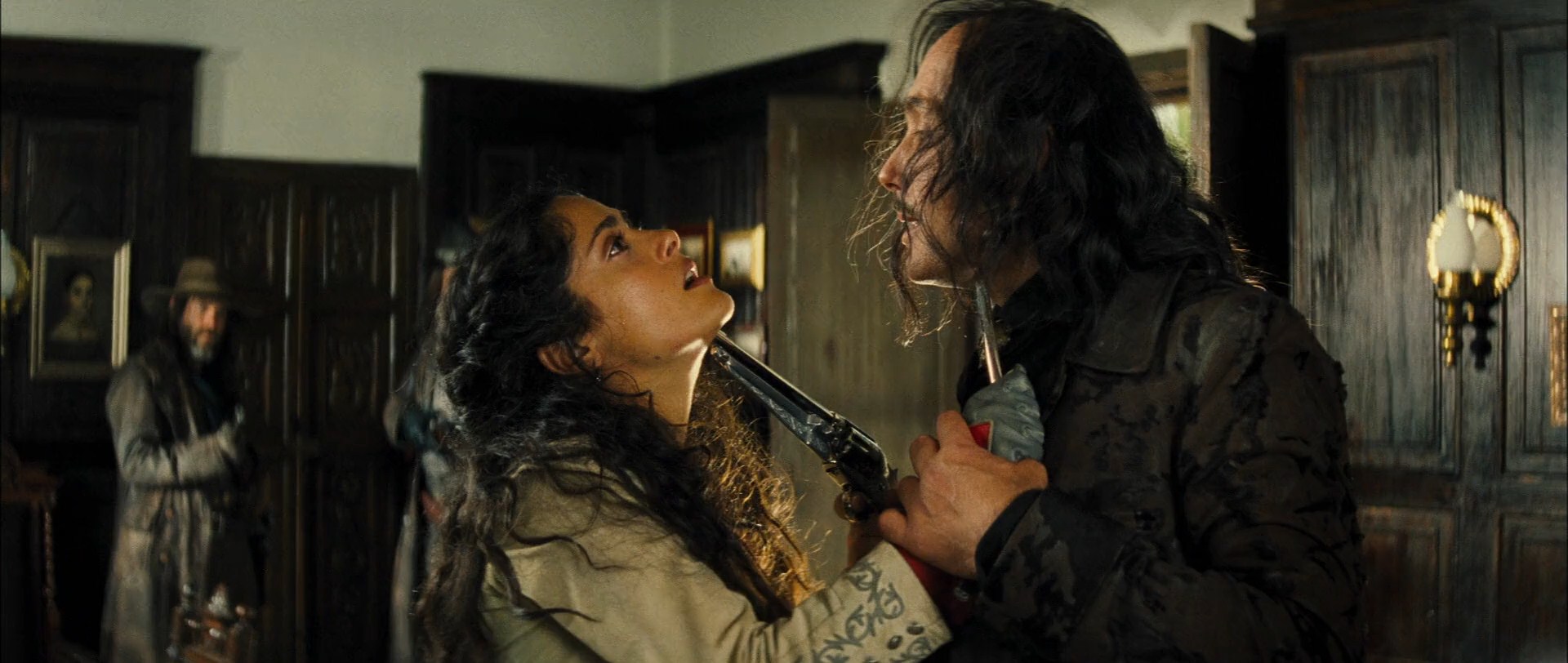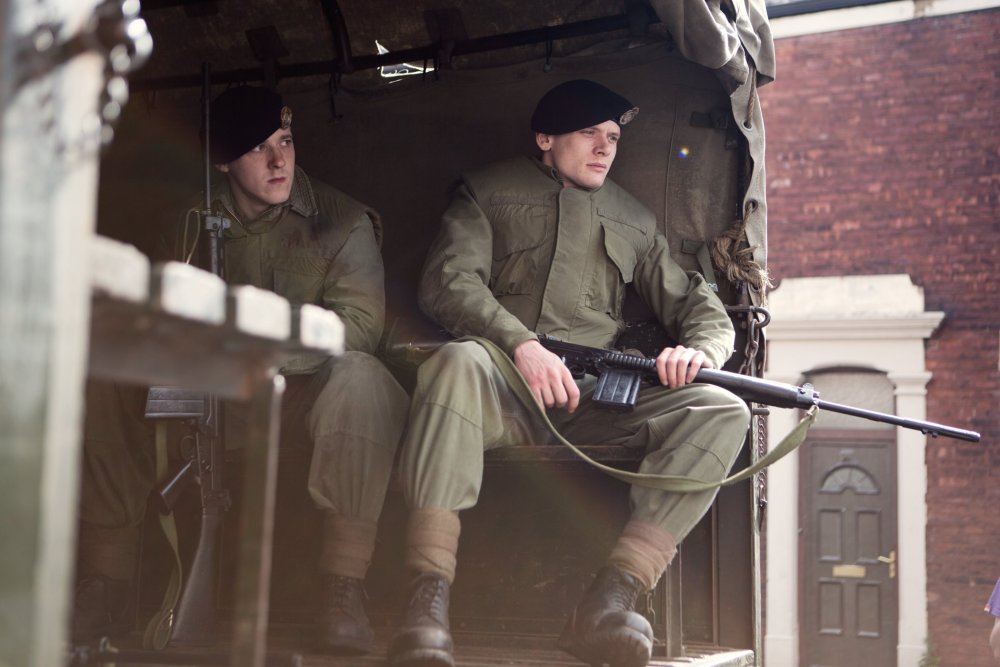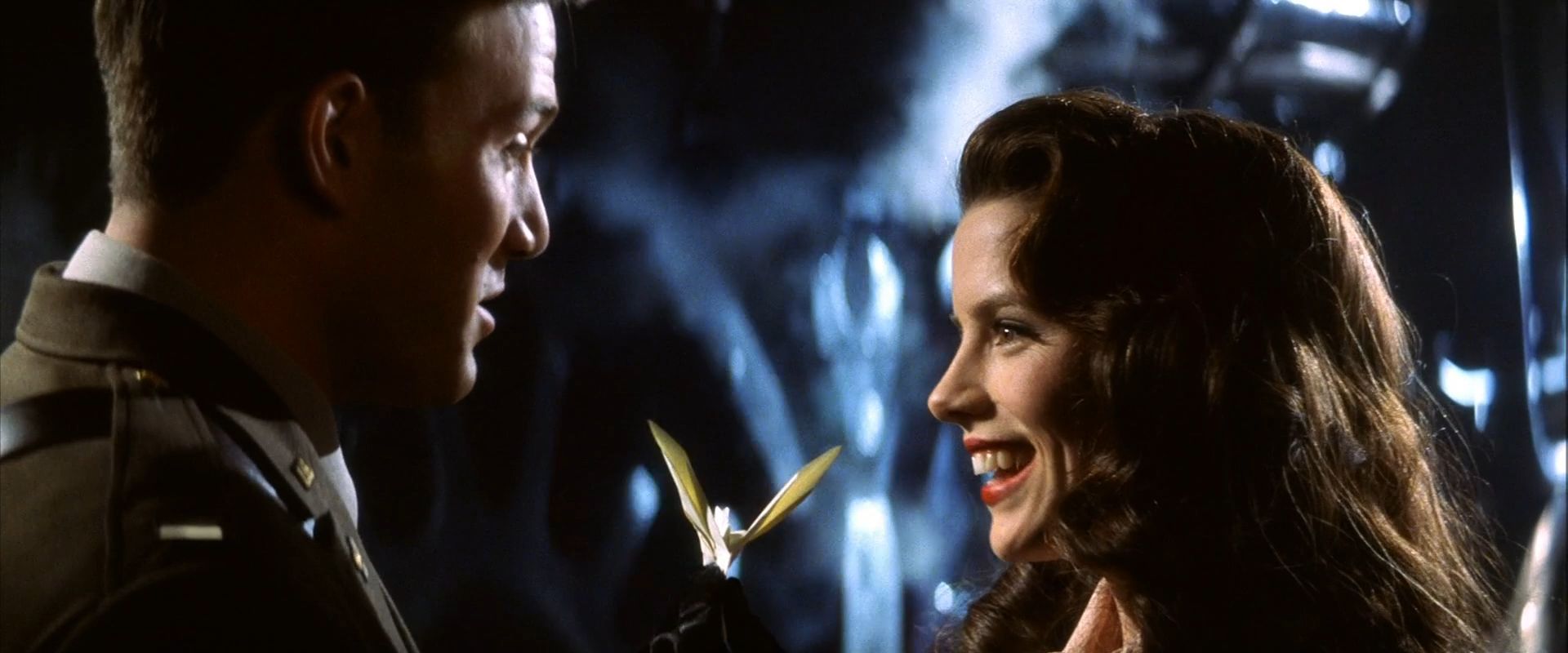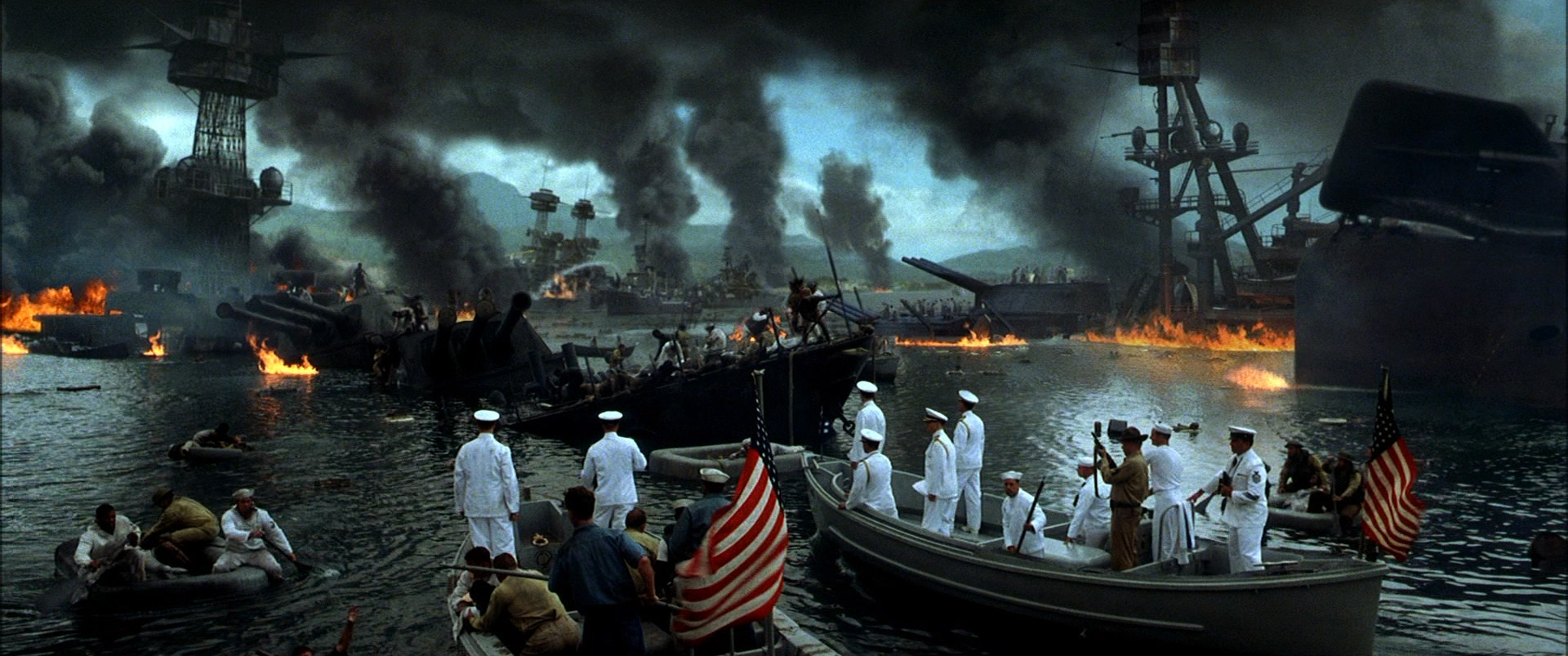When franchises begin going past the trilogy mark, there are
only a few reasons why. Some of this is either because the series has a loyal
fanbase, the series itself has likable characters or a well written narrative
or it just makes a ton of money. There are also times where the reason consists
of all three of these combined. A few years back, Wes Craven had created a new
kind of horror that people would literally see in their dreams and his name was
Freddy Krueger. The series itself up to this point had gone through a
rollercoaster in quality and approval by viewers. The first is considered to be
the best (which is usually the case), the second had most people scratching
their head and the third had more people satisfied than before by bringing the
story back to its original roots. For this entry, there are definitely parts of
the script that worked as well as other components but it isn't as great a
comeback as A Nightmare on Elm Street 3: Dream Warriors (1987). Most people
would probably say this is between the second and third film.
 |
| Joey & Kincaid return! |
For this sequel, Renny Harlin who was a relative newbie at
the time, sits in the director’s chair. Writing the screenplay however was by a
whole new set of people. One of which, Brian Helgeland, was their first time
penning a theatrical script. Helgeland would later write for L.A. Confidential
(1997), Payback (1999), Man on Fire (2004) and Legend (2015). The other two
writers were Jim Wheat and Ken Wheat, who are now best known for creating Vin
Diesel's Riddick role from Pitch Black (2000). The story picks up some time
after the third where it seems even though the last of the Elm Street kids
finished off Freddy, he's still around. Kristen Parker (now played by Tuesday
Knight instead of Patricia Arquette) keeps having bad dreams and dragging Joey
(Rodney Eastman) and Kincaid (Ken Sagoes) back into them. Soon Freddy Krueger
(Robert Englund) is resurrected and the fight for survival begins all over again
and this time, the dream warriors bring in more characters.
Joining the group is Kristen's boyfriend Rick (Andras
Jones), her sister Alice (Lisa Wilcox), smarty Sheila (Toy Newkirk), muscle
punk girl Debbie (Brooke Theiss) and not so cocky jock Dan (Danny Hassel). Of
these group of characters (old or new), they all carry something about them that
make them likable and that's appreciated. Most horror films just give teen
roles the "no crap given" attitude but here, they aren't the typical
bunch of high school teenagers. They are certainly not as magnetic as the
original dream warriors but the audience can still get attached to them. Aside
from characters though, not all of the script does its job. For one thing,
Krueger's explanation for coming back to life feels weak and brushed over. It
undoes all the effort that went into the third film but oh well. Also the
continuity lacks a bit. Sure what’s left of the original dream warriors are
still around, but why don't they teach the new group how to fight in their
dreams? Instead it all goes to Alice (aka the Dream Master).
For that, it just feels extra lazy because what good is it
to learn something important only to not show anyone else when needed? What's the
sense in that? It’s not only this but it straight up insults the intelligence
of the characters from the prior entry. Surely they were smarter than this.
However, that's about it for errors within this film. Even the method here of
killing off Freddy is still mostly acceptable. The gore and scares to this
horror film are effective most of the time too. If you’ve seen enough horror
movies, this won't be scary but there are definitely some gross scenes that can
be hard to look at. Some limbs just shouldn't bend certain ways...yuk. The
special effects incorporated to make these scenes and the dream sequences work
are sufficient in their purpose. There was probably only one scene an effect
look blatantly pasted over an actor but that's it. The rest looks like
practical effects in its glorious 1980s appeal.
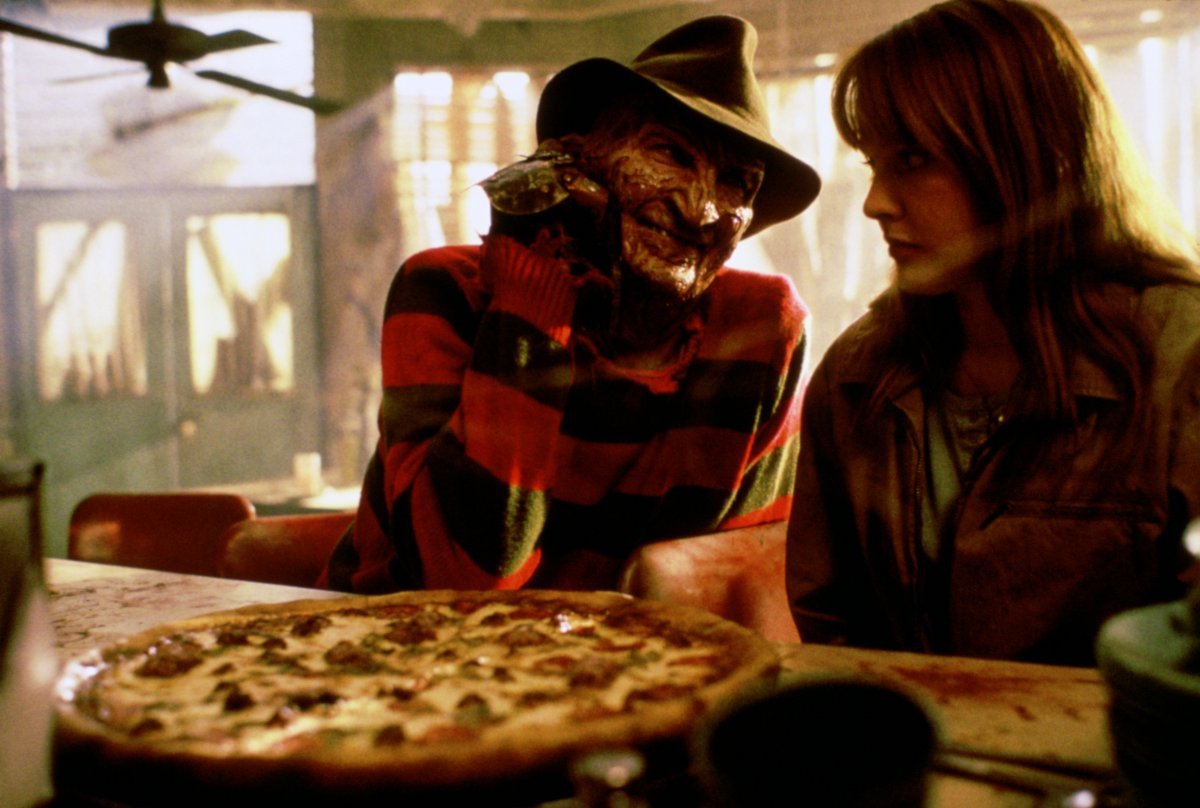 |
| "Welcome to wonderland...Alice!" |
Steven Fierberg was the director of photography to this
picture. For the shots on screen, Fierberg doesn't have a look that he gives
all his own, but he does keep the scenes clear and visible to a point. He also
tries to recreate the visual style of the prior movies with keeping Krueger in
the shadows for a bit. Finally is the musical score composed by Craig Safan. It
feels as if the Elm Street series can't seem to find a permanent composer.
Thankfully, they have managed to keep the main theme concrete. Just like Angelo
Badalamenti’s score, Safan sticks to Charles Bernstein's memorable Nightmare
cue with music box and electronic synths. Here however, the score doesn't sound
AS cheap as Badalamenti's. There are times where the sound of the music feels
more wholesome than the previous film. Then again, it still has that 80s
quality to it as well. Safan could have also expanded the score to focus on the
characters and important scenes but for now it at least keeps it simple.
Most entries at this point get pretty bad, but this passage
maintains some of the better quality that made A Nightmare on Elm Street 3:
Dream Warriors (1987) an entertaining sequel. The music is still creepy and the
characters remain unorthodox to the usual high school teen tropes. Just don't
expect any good reasoning behind Freddy's return or some decent common sense at
times.
Points Earned --> 6:10
